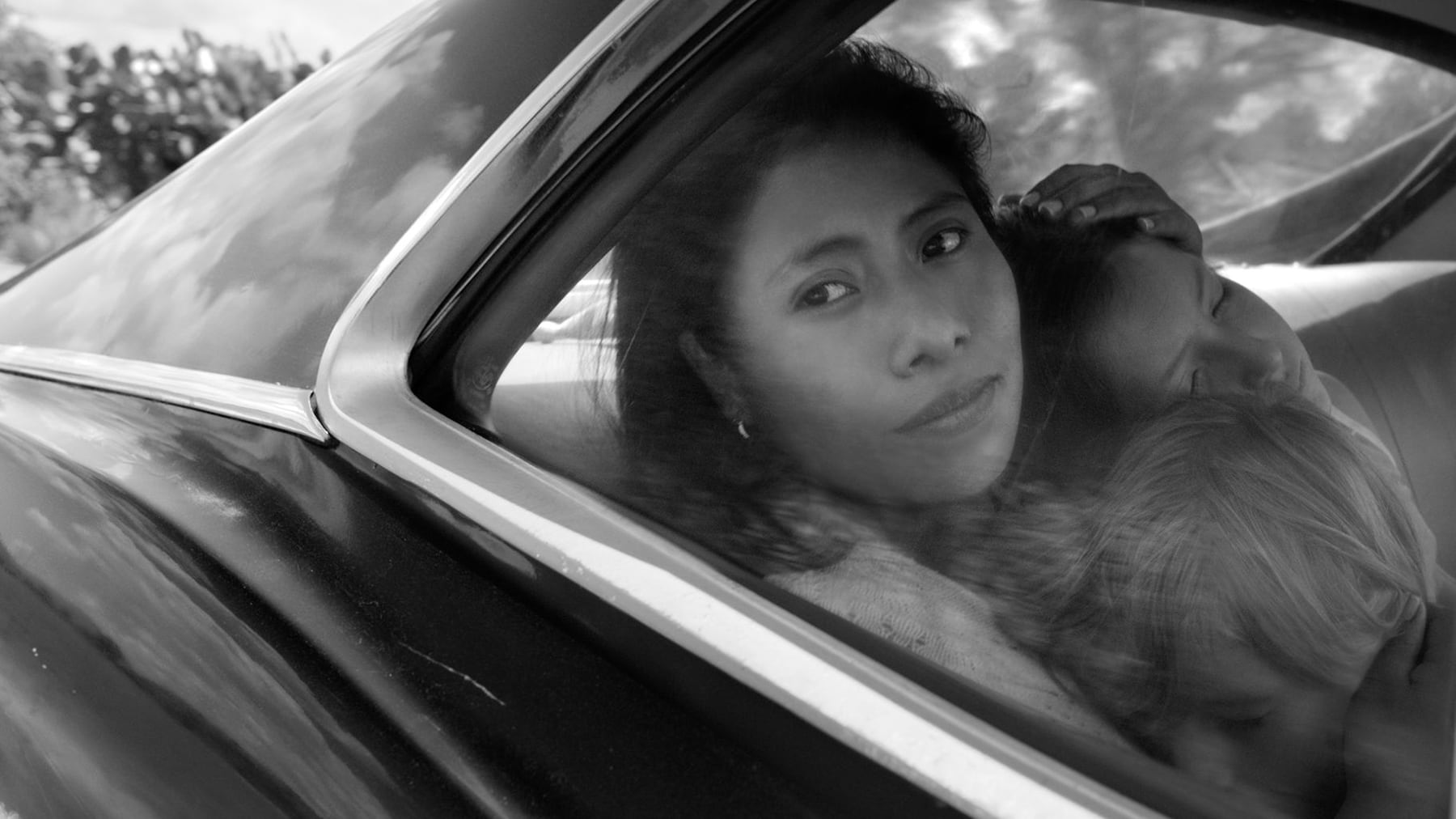There’s always some hesitation on my part to watch films that aren’t in English. Surprisingly, that even extends to Spanish (even though I’m technically fluent). I feel I’m not always able to make a connection with the story and characters. Roma is no such film, and I was captivated for its complete 135-minute runtime.
Alfonso Cuarón, who directed, produced, wrote and edited this film, made some fantastic and bold choices. Roma is entirely in black and white. Without color, cinematography, writing, and the actors’ performances become that much more critical.
This cast rises to the challenge. All the kids are great, but the obvious standout is Yalitza Aparicio. I’m astounded that this is her first role. She’s so expressive. You see the character’s love, anguish, fear, and loss so clearly on her face that you can’t help but be moved.
Editing is something I don’t usually notice, but you can’t help but do so here. Cuarón and Adam Gough give scenes plenty of space, which is a technique I often see in narrative-driven podcasts. This space is a storytelling method which allows for the information to sink in, therefore giving the audience time to figure out how they feel.
Further showing Alfonso Cuarón’s genius is his incredible vision for the cinematography. Many beautiful shots help you see and understand Mexican life. Some scenes depict the stark contrast between the lives of this middle-class family, their friends, and everyone else.
The ending is the final touch of brilliance for the film. Hollywood is so obsessed with buttoning everything up—giving every movie a happily ever after. Life isn’t like that. Life is difficult, and sometimes there’s nothing we can do to change our circumstances; we have to try to make the best of our current ones.
Roma is a must-see film.
